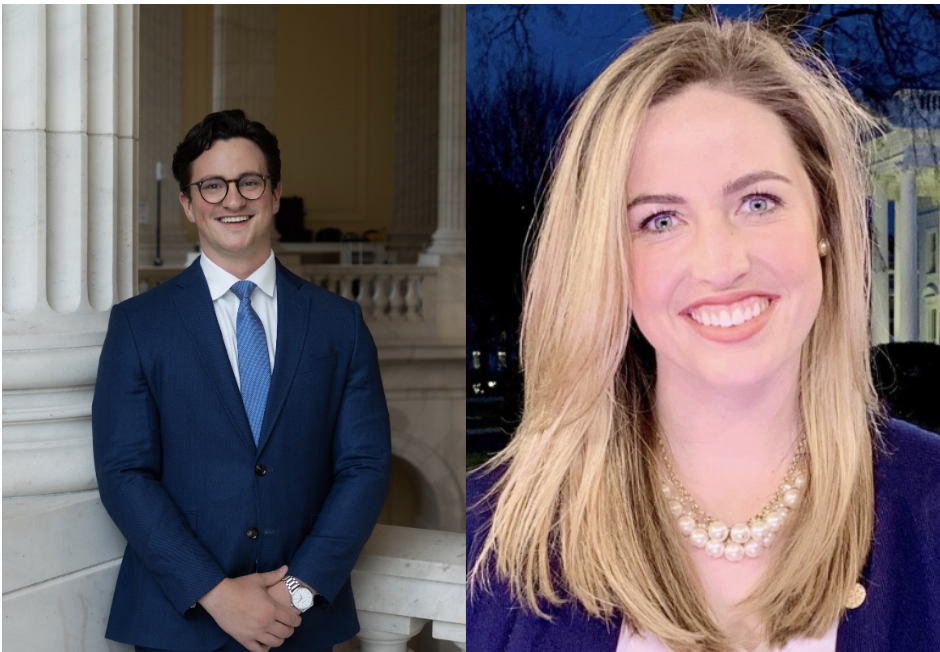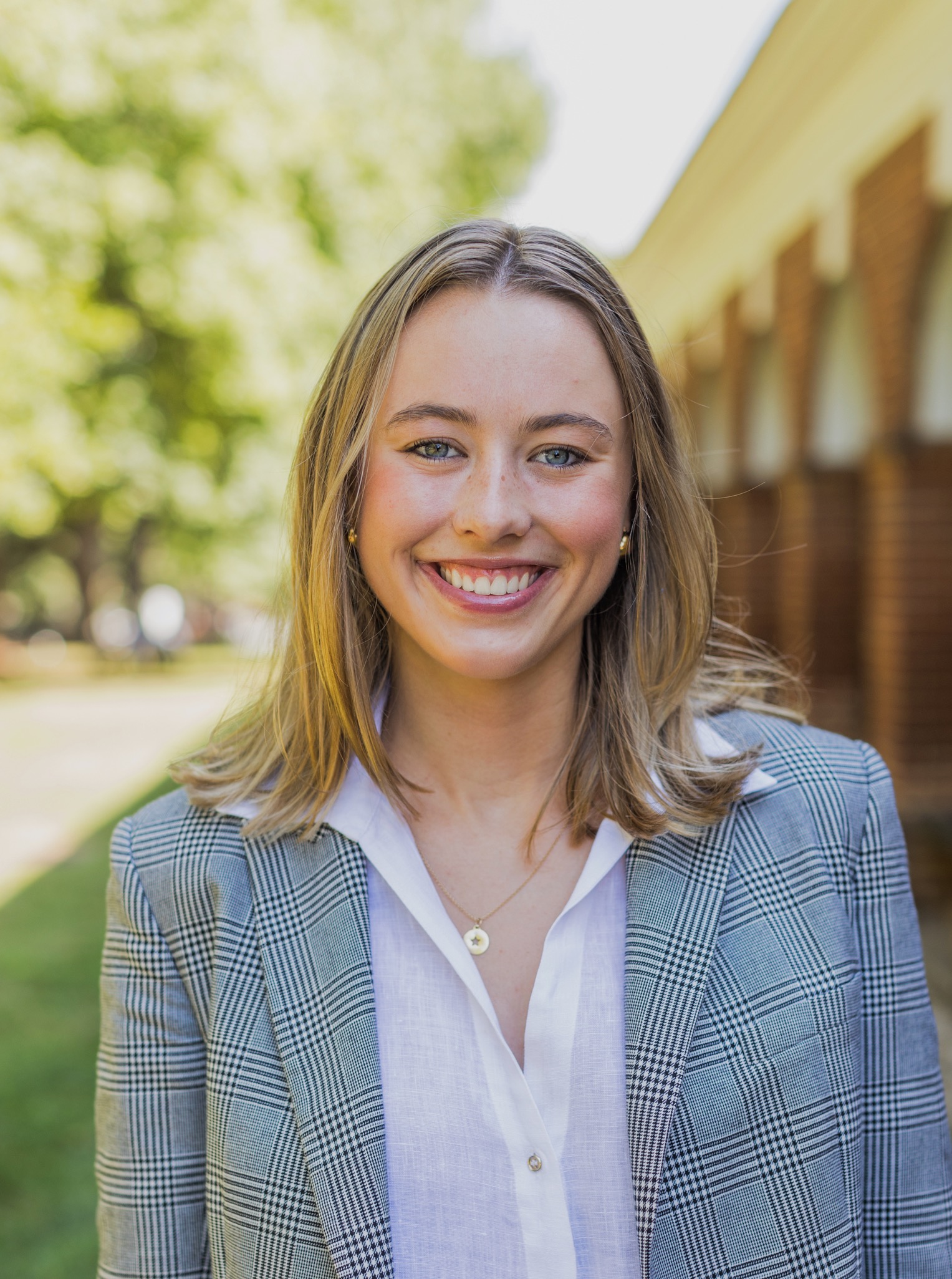Meet our Graduate Affiliates: Patrick Buhr and Emily Cottle Ommundsen
The Center For Effective Lawmaking is excited to introduce Patrick Buhr and Emily Cottle Ommundsen as two of our newest Graduate Affiliates.
Buhr is a doctoral student at Vanderbilt University studying the U.S. Congress and federal bureaucracy. He is also a teaching assistant for classes that discuss the legislative process and public administration, and seek to educate young Americans on the inner workings of the government and to engage them with current political processes. Buhr earned his undergraduate degree from the University of Colorado Boulder in economics and political science. In between his undergraduate and graduate studies, he worked with the Colorado House of Representatives as a legislative aide. He later became a legislative assistant for a member of the U.S. House of Representatives, where he spent time covering health policy and participating in the Select Committee on the Modernization of Congress.
In his research, Buhr has worked on numerous projects that study congressional and bureaucratic influences. In 2020, he co-published a study titled “Class War in the Voting Booth: Bias Against High-Income Candidates” in the Legislative Studies Quarterly. This paper sought to understand the relationship between candidate earnings and constituent support and found that high-earning candidates are more likely to be deemed as more competent, intelligent, and honest in comparison to lower-earning candidates. Some of his other working papers include: “Bellwethers and Backwaters: Mapping Agency Networks in the U.S. Federal Bureaucracy,” “Dynamics of Holds on U.S. Senate Nominations, 1958-2022,” and “Electoral Nationalization and Legislative Organization.” This research attempts to understand the relationship between bureaucratic organizations and congressional effectiveness.
Ommundsen is a Ph.D. student in the Department of Political Science at the University of North Carolina Chapel Hill. She also teaches two courses within the department: “Introduction to American Politics” and “The Presidency, Congress, and Public Policy.” Through both her research and teaching, she hopes to increase engagement in government and public affairs, and she frequently emphasizes the importance of connecting political science to “live questions in American politics.” Ommundsen earned her M.A. in Political Science at UNC Chapel Hill and earned her B.A. at Bucknell University in Political Science and Religious Studies. She previously worked for both the U.S. House of Representatives and and U.S. Senate in personal and committees offices. She served as a special assistant to the House Committee on Foreign Affairs, where she assisted in major pieces of legislation and worked closely with interest groups to cultivate political support. She was also the Director of Operations for the Senate Committee on Foreign Relations, where she worked closely with Senate members to communicate legislative priorities and facilitate cooperation between members.
Ommundsen’s doctoral research primarily focuses on American political institutions, specifically concentrating on Congress and its effectiveness. Within this field, she investigates the processes associated with Congressional procedures and staffing. In September 2022, she published “The Institution’s Knowledge: Congressional Staff Experience and Committee Productivity” in the Legislative Studies Quarterly. This piece examines the link between productivity in the Senate and the experience of its staff. Her research asserts that there is a strong positive correlation between committee legislative effectiveness and the committee’s average years of staff experience, indicating that legislative effectiveness increases with higher levels of senior-staff experience. Some of her working papers include “Partisan Appeals to Bipartisanship” and “Investing in the Institution: Legislative Branch Appropriations and Congressional Compensation.” Both of these projects seek to understand additional factors that influence legislative effectiveness including polarization and investment in staff services.
The Center is pleased to partner with these two scholars. We look forward to working with them and engaging with their research.



